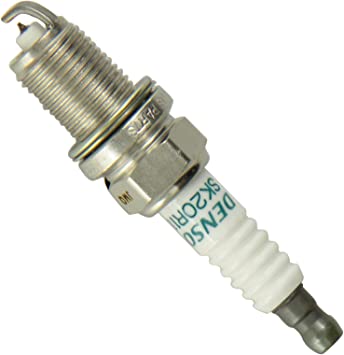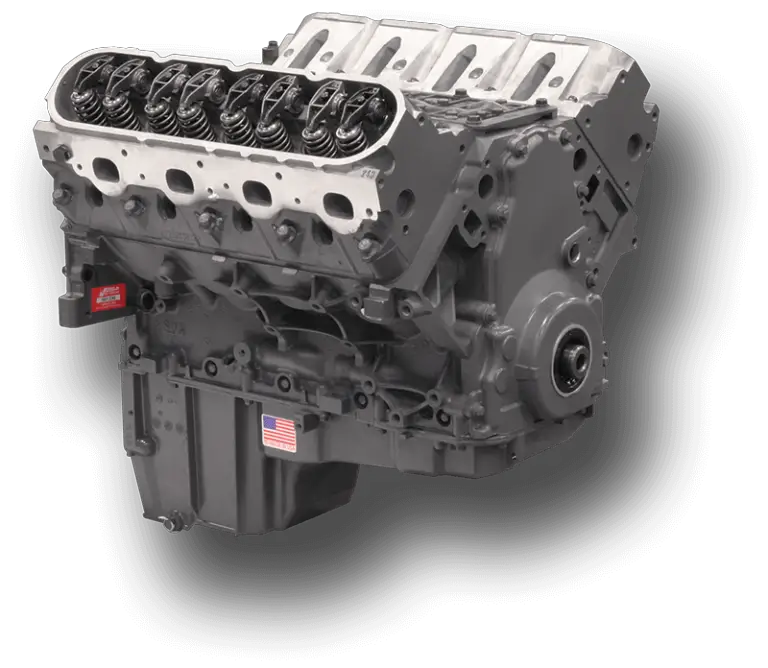Why Is My Car Shaking After Oil Change?
If you have recently changed the oil on your car, you should expect it to run better.
Something is most likely done wrong in the oil change process if you feel stronger vibrations at idling or after the oil change.

Causes
I will discuss some of the most likely causes of engine noise, especially after an engine oil change service.
Too Much Oil
Adding too much engine oil past the upper limit is the most likely cause of a shaky engine after an oil change.
If you add too much oil to your car’s engine, it will cause the crankshaft to dip inside the oil and form froth.
Air bubbles do not allow the oil to form a uniform thin layer over the rubbing bodies and cause instability in the system.
The cabin can feel the increased resonances from the engine bay. Some of the old oil can stay inside the engine if the oil is drained in a rush.
The oil level surpasses the maximum recommended limit when new oil is added. Don’t pour the new oil if the old one has not been drained completely.
Disconnected Sensor
It can happen when you perform an oil change service that you accidentally disconnected a sensor.
If you disconnected the sensor for cleaning purposes, forget to install it back on. There are a lot of factors that can cause the engine to vibrate or shake more than usual.
If the air/fuel ratio is incorrect or the spark plugs are not installed correctly, the engine can cause instability.
Not Enough Oil
Heavy engine vibrations can be caused by adding too little oil to the engine.
Misfiring increased temperatures, and premature wear of the engine components can all be caused by the lack of sufficient lubrication.
This can cause the engine noise to be louder than usual.
An inadequate amount of oil in the engine can lead to the failure of several components inside the engine due to increased friction and wear.
Before pouring in the new engine oil, make sure the oil drain bolt is tightened correctly, along with the new oil filter.
Choked Air filter
Some people forget to remove the packaging on the air filter when they install a new one on the oil change service, even though it might sound dumb.
This can cause the engine to shut down after service and cause the engine to vibrate a lot.
Wrong Oil
Adding the wrong oil grade or a substandard oil can cause the cabin to vibrate.
If thinner oil is used than what is recommended by the manufacturer, there will be a lack of lubrication in between the moving parts, which can lead to rough idling.
What to Do Now?
Check Oil Level
Turn off the engine if you park your vehicle on a level road. If you want the oil to settle down, let it do so for 30 minutes or so.
If you want to check the oil level with the dipstick, you have to clean it with a towel and insert it back inside.
To read the oil level on the stick, take the dipstick out. The minimum and recommended maximum engine oil levels are mentioned on the dipstick with a hole or a cutout.
The oil level should be in between the upper and lower levels on the dipstick.
The engine should not be started if the level is above the maximum limit or the minimum limit. Before starting the engine, you should drain the extra oil or top it up if needed.
Check for Any Disconnected Sensors
There are disconnected sensors in the engine bay or a sign on the dashboard. Check whether the sensors are connected correctly. Check the wires in the engine bay for loose ones.
Air Filter
If the air filter in the housing is clean, you can check it out.
Spark Plugs
If the spark plugs are tightened correctly, you can check them. If the gap between the spark plug tip was adjusted, you need to adjust it to remove the additional noise in the vehicle.
Will Wrong Oil Cause a Rough Idle?
Rough idling can be caused by using the wrong engine oil grade or any other oil that isn’t recommended in the owner’s manual.
Insufficient lubrication between moving parts can be caused by using oil that is too thin or thick for the engine.
This can cause wear, friction, high temperatures, and instability in the engine which results in vibrations.
Will a Low Engine Oil Cause Misfire?
Low engine oil pressure can cause an engine to misfire. Adequate engine oil is needed to shift the cam profile successfully, as well as sufficient oil to adjust the timing correctly.
Low engine oil levels can cause misfiring on modern engines, which can lead to damage to other components if not taken care of timely.
Is It Possible for a Car to Run Smoother After Oil Change?
It is possible that following an oil change, you might see your car running better. The wrong oil type can be one of the causes of an oil change service not being performed on time.
How Long Should I Leave My Car Idle After Oil Change?
Leaving the engine running for at least five minutes is recommended to make sure the oil pressure is normal and there are no leaks.
It is necessary to allow oil to flow through the engine and perform an oil level check. This will show you how much oil you used.

Conclusion
It’s an easy job to change your oil, but several issues can appear if not done correctly.
I recommend that the oil change be done by a professional mechanic to make sure it is done to the highest standards and the right oil is used.

Truck driver by profession, automotive lover by heart. Ricky is the main publisher and editor at Truckile.com sharing his life-long knowledge and experience in the auto industry and truck driving!






